Understanding 24 Gauge Galvanized Steel Wire
Galvanized steel wire, particularly the 24 gauge galvanized steel wire, stands as a versatile product in numerous industrial applications. This specific gauge of wire balances flexibility and strength, making it a popular choice for a variety of tasks.
Features and Applications
The 24 gauge galvanized wire is known for its thin diameter, offering a unique combination of pliability and durability. Its galvanization—a process of applying a protective zinc coating—enhances its resistance to corrosion, making it suitable for outdoor use. Common applications include crafting, jewelry making, and securing parts in technical settings.
Material and Production
The core material of 24 gauge galvanized steel wire is iron, which undergoes a galvanization process. This involves the wire being dipped into molten zinc, creating a barrier that is integral to its longevity and resistance to environmental factors. The production process ensures that the wire retains its formability, allowing for ease of use in various applications.
Advantages of Using Galvanized Wire
Choosing 24 gauge galvanized wire comes with several advantages. Its resistance to rust extends its lifespan, particularly in outdoor or harsh environments. Additionally, the wire's flexibility makes it easy to handle and manipulate for intricate tasks without compromising its structural integrity.
Types and Varieties
Alibaba.com showcases a range of 24 gauge galvanized steel wire options, including those that are plastic coated for additional protection. This variety ensures that users can select a product that meets their specific needs, whether for industrial fencing, mesh creation, or fine craftwork.
Choosing the Right Wire for Your Needs
When selecting a 24 gauge galvanized steel wire, consider the specific requirements of your project. Factors such as environmental exposure, tensile strength needs, and the desired lifespan of the wire play crucial roles in determining the most suitable type.







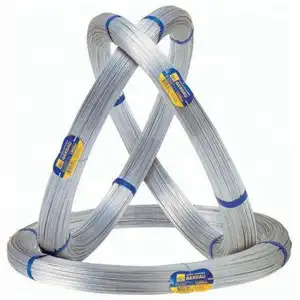

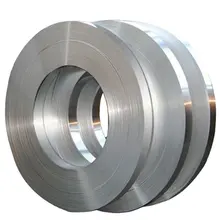

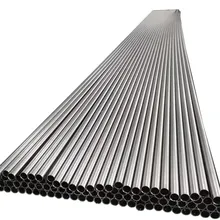
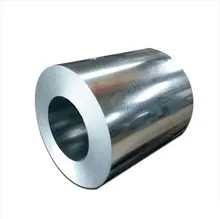
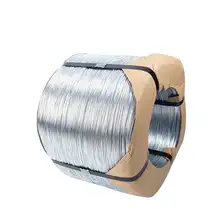
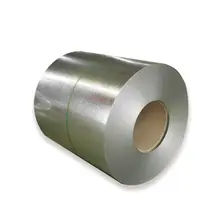

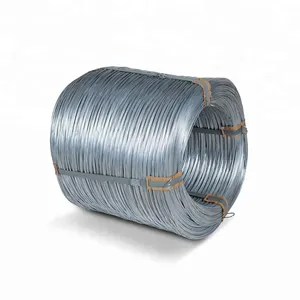

















 浙公网安备 33010002000092号
浙公网安备 33010002000092号 浙B2-20120091-4
浙B2-20120091-4